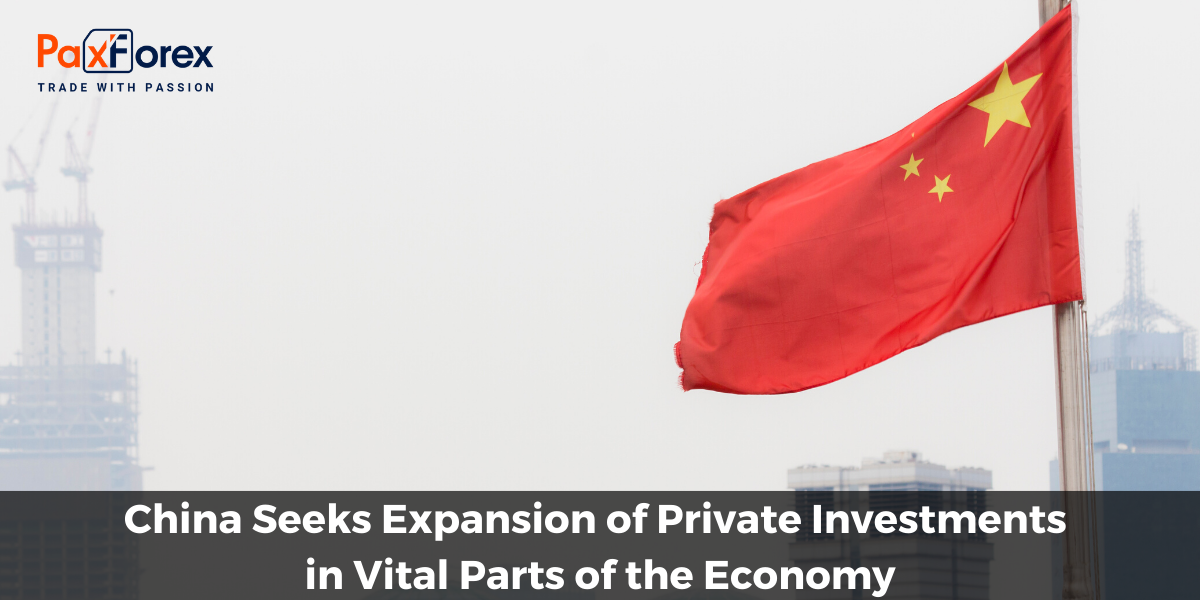
The Chinese government announced a new initiative in order to attract more private investment in key areas such as energy and healthcare. The Chinese economy has been losing steam for over three years now and GDP growth broke down below 8% with further deterioration ahead. GDP growth below 7% would translate into catastrophic event s for China.
The threat of an increase in the jobless rate as well as social unrest would be two developments which would harm the Chinese economy even more than a military conflict. The most populous country in the world has been on a slow but steady path to urbanize rural areas and create jobs in order to build an almost non-existing middle class which would be able to consume products and services and reduce the dependence of exports to a certain degree in order to create a more balanced economic picture.
The IMF warned of major headwinds for China due to a continued deterioration of the U.S. economy and the debt crisis in Europe which hurts demand for Chinese imports, but also reiterated its outlook for a soft landing of the Chinese economy. The Chinese government has decided to launch new projects in the following areas:
Energy
Healthcare
Finance
Education
Transportation
Telecommunication
City Government
The plan is to launch pilot projects in order to attract private sector investments which would spur growth, add and increase capacity and create a more efficient system which will better serve the public. The aim is to add jobs and boost performance in those sectors. All key sectors of the Chinese economy are controlled by state owned companies.
The Chinese government has promised bank loans as well as tax cuts to the private sector, but little support has been received according to industry sources which cite the majority of assistance went to government affiliated enterprises despite three decades of private sector reform. China currently operates on a one-party-capitalism economic model. While state controlled enterprises control all key sectors with little involvement of the private sector there has been major progress in the transition period.
China does take its time and is neither under pressure nor rushed by third parties who wish the Chinese government would move faster. China, currently the third biggest economy after the EU and the U.S., is in the process to establish itself as the dominant player in the global arena. The most recent announcements of new projects in key areas came with little to no details and the private sectors as well as financial markets have to wait for Beijing’s next move.
You might also like:
Mario Draghi: First Step in the Right Direction or Empty Promise?
Moody's downgraded ratings of 17 German banks
TARP Darlings in Big Trouble
Europe lifted shares of Italian banks
Spain just ensured they will not recover anytime soon







